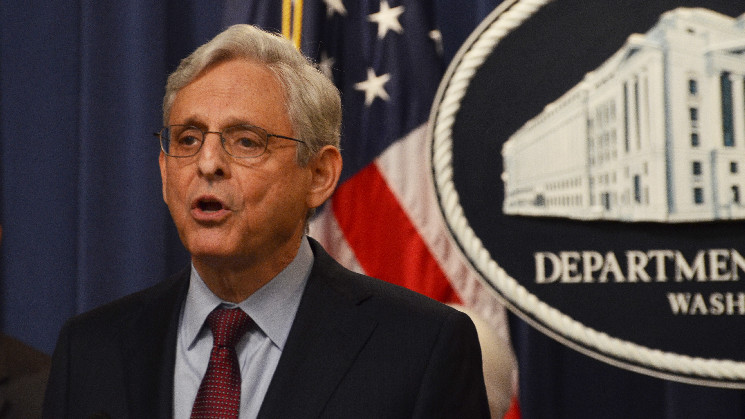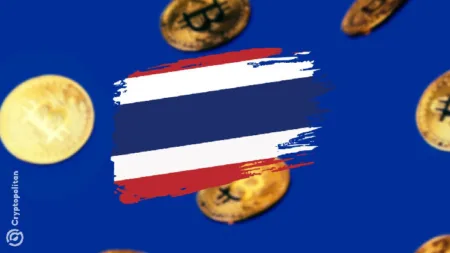Two U.S. senators sent a letter to the attorney general making an argument that his Department of Justice is making the wrong legal call as it prosecutes crypto mixing services.
The letter argues that services such as Tornado Cash aren’t money transmitters, and it says that earlier Treasury Department views on transmitters bear this out.
A bipartisan pair of U.S. senators is questioning Attorney General Merrick Garland about the “unprecedented interpretation” of law the Department of Justice (DOJ) is using to pursue cryptocurrency software services as unlicensed money-transmitting businesses.
Sens. Ron Wyden (D-Ore.) and Cynthia Lummis (R-Wyo.) sent a letter to Garland questioning the approach against such firms as Samourai Wallet and Tornado Cash, highlighting that the Treasury Department’s Financial Crimes Enforcement Network (FinCEN) has previously held that non-custodial crypto services shouldn’t be treated as money transmitters.
“I’m concerned the DOJ’s interpretation would treat software developers as criminals for merely writing and publishing code used by others – a dangerous precedent that contradicts decades of settled law and raises serious First Amendment concerns,” Wyden said in a statement on Monday.
Samourai was the most recent crypto privacy business pursued by federal prosecutors last month. The lawmakers’ letter, dated May 9, argued that “subjecting developers of non-custodial crypto asset software to potential criminal liability as unregistered money transmitters contravenes the well-established interpretation of this provision.”
The DOJ also argued in a court filing that FinCEN’s guidance addressing crypto mixers didn’t address the idea of “control,” a stance that the senators’ letter took issue with. In its filing from last month, the DOJ said anything that facilitates the transfer of funds would meet the legal definition of a “money transmitter,” likening the wallet to a USB cable that transfers data or a frying pan that transfers heat.
The lawmakers’ letter said the rule does actually require the service to take control of the funds to be treated as a transmitter.
Read More: Samourai Wallet Charges Raise Existential Questions for Privacy Tech
“Wallet software is no more to blame for illicit finance than a highway is responsible for a bank robber’s getaway car,” Lummis said in a statement.
Congress has been wrestling with digital assets legislation that would establish comprehensive U.S. rules for the industry – including addressing money-laundering protections. While one of the significant bills is expected to get a vote by the House of Representatives as soon as next week, the prospect for wide-ranging legislation to become law this year is minimal, leaving federal authorities working under existing law in the meantime.
Read the full article here








